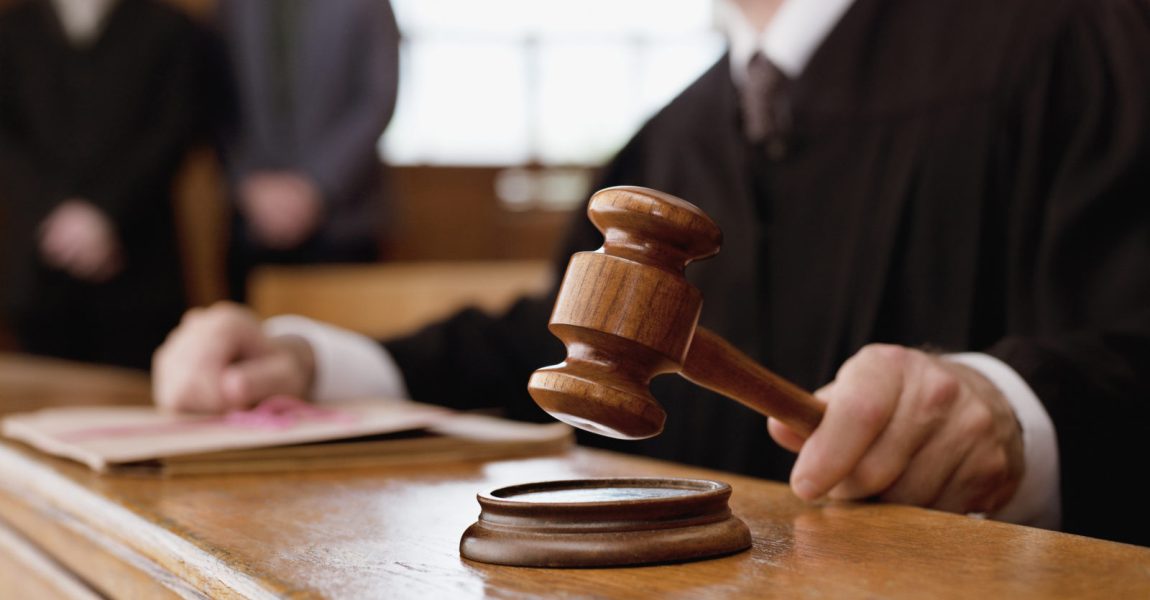
- May 16, 2023
- |Civil Law, Practice, And Procedure, Concise Law Reports (CLR)
Two applications were presented before the court. The first was made under rule 61 of the High Court Rules, while the second was a condonation application for the delayed submission of an answering affidavit. The Rule 61 application pertained to the submission of the responding affidavit by the third respondent. This affidavit had been filed after the deadline and without a condonation application.
In the Rule 61 application, the applicant sought a court order to declare the answering affidavit submitted on 07 September 2022 as irregular and to have it invalidated. In response, the third respondent filed a counter application, requesting the court to accept the belated submission of the answering affidavit, which had been filed on 07 September 2022.
NDAUENDAPO J:
Rule 61 of the High Court Rules stipulates that a party may apply to the managing judge to invalidate an irregular step or proceeding within 10 days of becoming aware of the irregularity. An application under this rule is an interlocutory one, requiring notice to all parties, specifying the irregularity details and the claimed prejudice. The managing judge gives directions for the hearing and can set aside the irregular step with due consideration of alleged prejudice. Non-compliance with an order under this rule restricts further action in the matter.’
Rule 61 comprises two distinct aspects as clarified in the Supreme Court case of Aussenkehr Farms (Pty) Ltd v Namibia Development Corporation Ltd. The first pertains to determining if a step is irregular, while the second addresses the appropriate response to the irregularity, where the court exercises discretion and considers prejudice.
The late filing of the answering affidavit by the third respondent, 76 days after the specified period under Rule 77(1)(b), without seeking condonation, is an evident irregularity. Therefore, the filing is deemed irregular in accordance with the rules of the court.
Following the establishment of an irregular step, the court must decide the appropriate order, accounting for the suffered prejudice. In Ovambanderu Traditional Authority v Minister of Urban and Rural Development and Others, Masuku J emphasized the necessity of tangible prejudice caused directly by the irregular step, allowing the court to set it aside partially or entirely based on the extent of the prejudice.
Rule 32(9) and (10) do not apply to condonation applications, as established in the case of QKR Navachab Gold Mine v Kwala. In condonation matters, parties cannot resolve non-compliance except for the respondent agreeing not to oppose. Such an agreement does not replace the need for a court application for condonation, which is the sole authority to address violations. While parties complying with these subrules waste time and money, their application for condonation remains necessary.
The application of rule 32(9) and (10) contradicts the objectives of case management by not saving time and costs. In condonation applications, the applicant must provide an acceptable explanation for the delay and address prospects of success. Though not ideal, the applicant’s explanation was deemed reasonable and acceptable. The absence of opposition from other respondents eliminates prejudice.
Regarding prospects of success, reference was made to grounds of opposition in a review application, highlighting an over 10-year delay since the mining license was granted. The potential merits of the third respondent’s case against the review application were noted. Considering these factors, the condonation application was granted with costs, allowing the submitted answering affidavit from 7 September 2022 to stand.
The court held that:
a) The applicant had demonstrated that it suffered financial prejudice by incurring legal costs.
b) Rule 32(9) and (10) procedure is not applicable to condonation applications.
c) Held further that the third respondent gave a satisfactory and acceptable application.
d) Held further that the condonation application is granted and the answering affidavit stands.
It was accordingly ordered and the was postponed to 05 July 2023 at 15:30 for a Status Hearing. The parties were required to submit a joint status report regarding the further proceedings of the case on or before 30 June 2023.